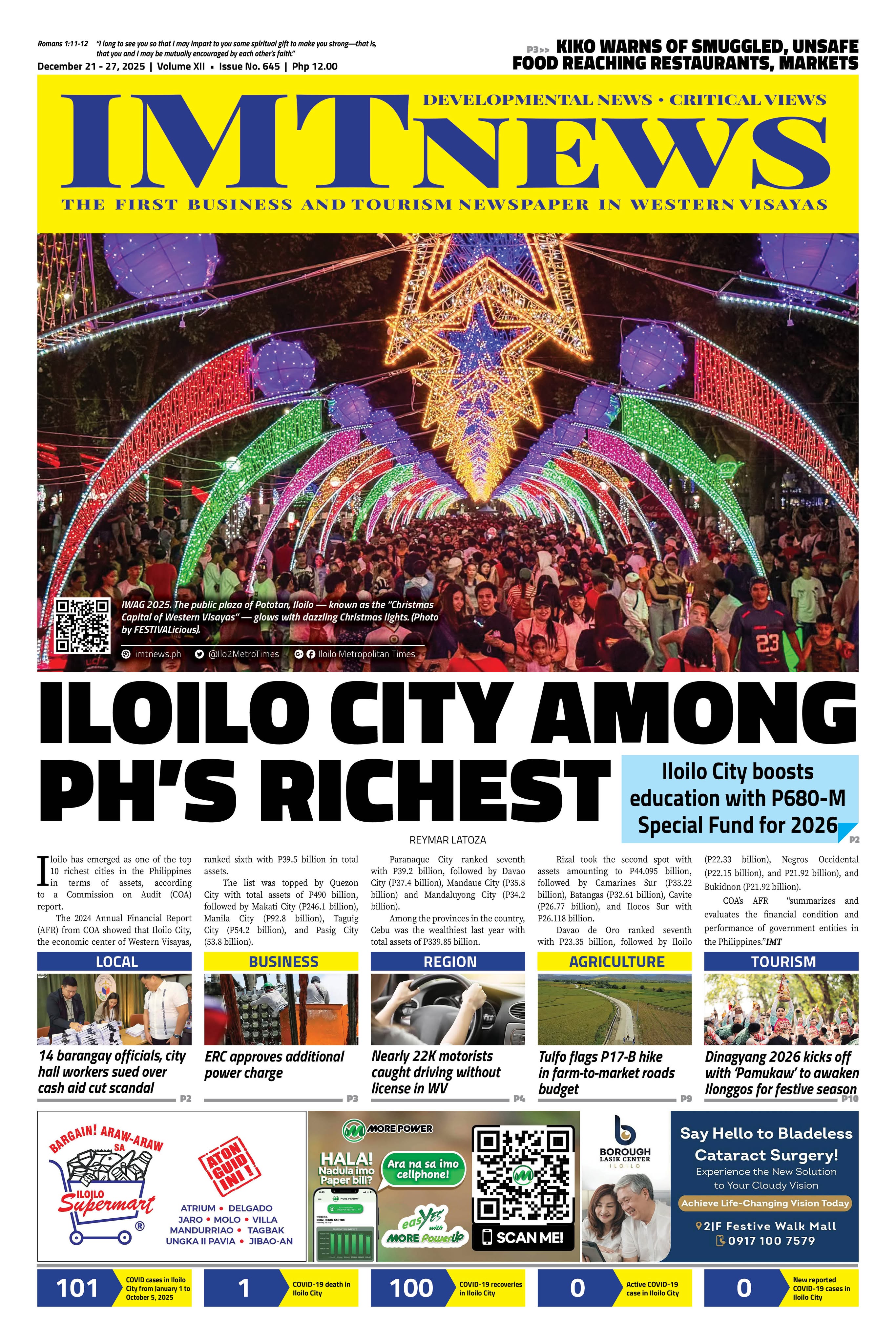One in two Filipinos believe that government officials hailing from political dynasties tend to be more corrupt, according to the September 2024 national survey of non-partisan public opinion firm WR Numero.
In the latest Philippine Public Opinion Monitor, 50% agreed that public leaders from the same families may possibly be more corrupt. Only a few (16%) disagreed with the sentiment, while 31% were unsure.
Among all regions, Metro Manila recorded the highest percentage of residents who agree with political dynasties’ tendency to be more corrupt, with 2 out of 3 in agreement. Metro Manila is followed by South Luzon (58%) and Visayas (51%). Only less than half in North-Central Luzon (43%) and Mindanao (40%) agreed.
Most Filipinos across all income classes and self-identified partisanship agree that officials from the same family have a higher propensity to be more corrupt.
When asked if there is anything wrong with candidates from the same family running in elections, a significant majority (56%) of Filipinos said they see no issue. However, some 30% disagreed, and 15% unsure.
A great majority (65%) in Visayas found political dynasties running in elections to be acceptable, followed by Mindanao (58%), North-Central Luzon (56%), South Luzon (51%), and Metro Manila (46%).
Filipinos across all self-identified partisanship also seem to generally approve of candidates coming from the same family, with a great majority concurring among administration supporters (62%), opposition supporters (58%), and independent supporters (56%).
However, more Filipinos in socioeconomic class ABC disagreed (47%) with the acceptability of nominees running from the same families against those who agreed (37%) in that bracket. This stands in contrast with the other classes, where the majority in classes D (53%) and E (58%) believe there is nothing wrong with dynasties’ participation in the polls.
This nationally representative face-to-face survey was conducted from September 5 to 23, 2024, with a sample of 1,729 adults aged 18 and older. The non-commissioned survey has a margin of error of ± 2% at a 95% confidence level. At the subnational level, the margin of error is ± 6% for the National Capital Region, ± 5% for North and Central Luzon, ± 5% for South Luzon, ± 6% for Visayas, and ± 5% for Mindanao, all at the same 95% confidence level.







